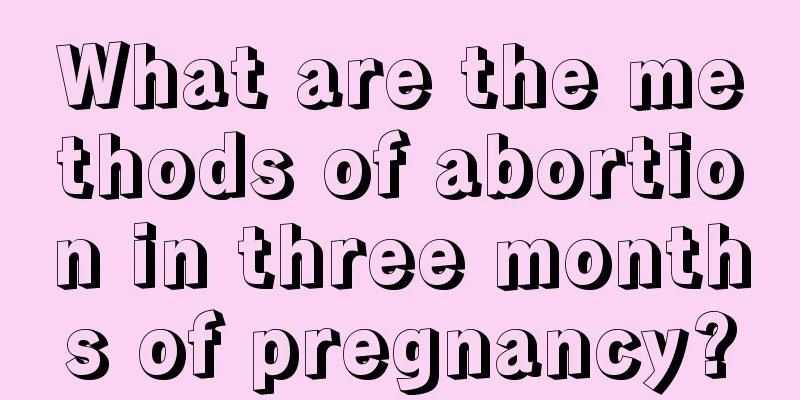Does sleeping too much or too little make you stupid? JAMA sub-journal study

|
Sleeping is a science! Recently, scholars from Peking University First Hospital and Peking University Clinical Research Institute published a new study in JAMA sub-journal, showing that sleeping too little or too much may lead to cognitive decline. In the study, insufficient sleep was defined as sleeping ≤4 hours per night, while excessive sleep was considered sleeping ≥10 hours per night. The researchers suggest that people who are sleep deprived or sleep too much should have their cognitive function monitored. According to the National Sleep Foundation, sleep is essential because it allows your body and mind to recharge. Proper sleep also helps you stay healthy and prevent disease. Without enough sleep, the brain cannot function properly, affecting concentration, clear thinking, and memory processing. However, the mechanisms behind these links remain unclear. The authors note that too much sleep may be linked to inflammation. At the same time, too little sleep may increase levels of amyloid plaques and tau proteins in cerebrospinal fluid, which are hallmarks of Alzheimer's disease. The researchers also noted that during sleep, the brain's glymphatic system is more active than at any other time in the circadian cycle, effectively clearing excess toxins, including amyloid beta peptide. Each person may have some optimal balance between sleep and amyloid clearance, where too much or too little sleep can lead to an imbalance. Optimizing sleep and amyloid clearance may well be as much of a treatable contributor to cognitive decline in old age as sleep apnea. The study included 20,056 people, including 9,254 participants from the English Longitudinal Study of Ageing and 10,811 from the China Health and Retirement Longitudinal Study. The researchers found that in a follow-up of 100,000 people-years, cognitive scores declined faster in those who slept ≤4 hours per night and ≥10 hours per night, that is, there was a U-shaped relationship between sleep duration and cognitive scores. The editorial also pointed out that more and more studies have found a U-shaped relationship between sleep duration and cognition, with both short and long sleep duration being associated with poor cognitive ability. However, the meaning of this U-shaped relationship is still unclear, partly due to limitations in research design. The editorial points out that to truly determine the impact of sleep on cognition, it is necessary to consider both sleep quality and sleep quantity in addition to studying sleep duration. Nearly 20 years have passed since sleep duration was first suggested to be associated with cognitive health in older adults, and better study designs and more robust measures are needed to clarify the relationship. Source: [1]Ma Y, Liang L, Zheng F, Shi L, Zhong B,Xie W. Association Between Sleep Duration and Cognitive Decline. JAMA NetwOpen. 2020, 3(9):e2013573. [2]Leng Y, Yaffe K. Sleep Duration andCognitive Aging-Beyond a U-Shaped Association. JAMA Netw Open. 2020 Sep1;3(9):e2014008. Reprint: Please indicate "China Circulation Magazine" |
Recommend
Yellow vaginal discharge during ovulation
Is it normal for leucorrhea to be thick and yello...
What is the impact of severe calcium deficiency in pregnant women on the baby?
Pregnant women must pay attention to proper calci...
Is it normal for girls to have inverted nipples?
As women's secondary sexual characteristics g...
Does blood test change after pregnancy?
The body will undergo many changes during pregnan...
Is it good to give injections to stimulate ovulation?
Nowadays, more and more people are suffering from...
Girls' running pace chart
Jogging has long become a popular fitness sport f...
What are some ways to increase your chances of pregnancy?
What are the ways to increase the chance of pregn...
What should I do if the egg quality is poor?
Poor egg quality will directly affect a woman'...
What to eat to promote blood circulation and remove blood stasis when menstruation is not smooth
Body hemorrhage obstruction is often manifested a...
What medicine is good for medical abortion?
Medical abortion is not a high-risk method of abo...
What meat is used to make fish-flavored pork shreds? Which part of the pig is used to make fish-flavored pork shreds?
We all know that fish-flavored shredded pork is a...
What are the best contraceptive methods for women?
In today's society, women's health has be...
Is uterine hypertrophy harmful?
Under normal circumstances, the uterus of human b...
Why do girls sweat a lot under their armpits?
In fact, when the weather is hot, it is often eas...
Is the safe period a few days before menstruation?
In the life of both sexes, the most important thi...









